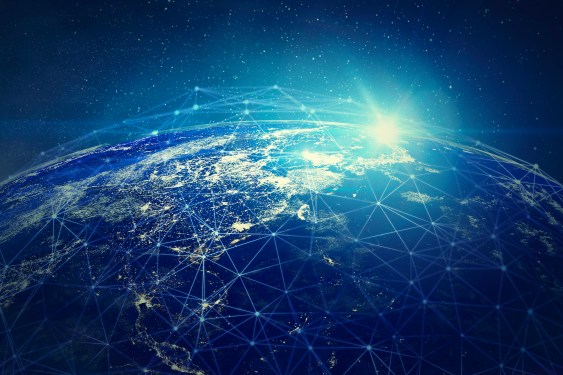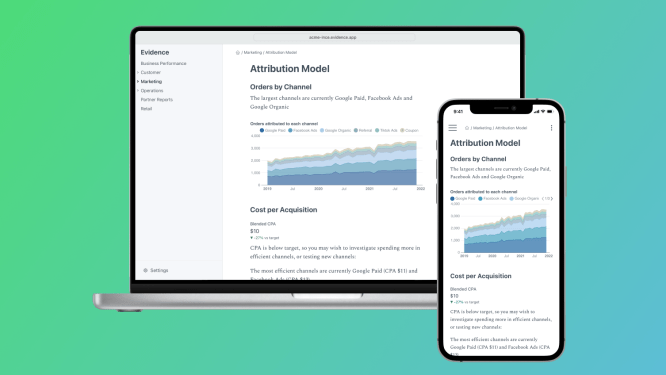The article discusses the concept of "world models" in artificial intelligence, which aim to simulate a realistic and interactive 3D world. World models are being developed to enable AI systems to reason about and interact with the physical world in a more human-like way.
Key Points:
- Definition: A world model is an AI system that attempts to understand and simulate the behavior of a real-world environment, including its inhabitants, objects, and dynamics.
- Goals: The ultimate goal of world models is to enable AI systems to navigate and interact with complex environments in a more human-like way.
- Challenges: Training and running world models requires massive compute power, even compared to the amount used by generative models. World models also hallucinate and internalize biases from their training data.
- Potential applications: World models could lead to breakthroughs in virtual reality, robotics, and AI decision-making.
Technical Challenges:
- Training data: The lack of diverse and specific training data can limit the performance of world models.
- Hallucination: World models may produce unrealistic or incorrect results due to hallucination.
- Bias: World models may internalize biases from their training data, leading to unfair or inaccurate representations of real-world environments.
Potential Impact:
- Virtual reality: World models could enable more realistic and immersive virtual experiences.
- Robotics: World models could give robots a deeper understanding of the world around them, enabling more autonomous decision-making.
- AI decision-making: World models could provide AI systems with a better understanding of the consequences of their actions in complex environments.
Current State:
- Sora: Sora is an early example of a world model developed by OpenAI. It requires thousands of GPUs to train and run, even compared to other generative models.
- Runway: Runway’s CEO, Cristóbal Valenzuela, notes that data and engineering issues prevent today’s models from accurately capturing the behavior of a world’s inhabitants.
The development of world models is still in its early stages, but it has the potential to revolutionize various fields, including virtual reality, robotics, and AI decision-making. However, significant technical challenges need to be overcome before these systems can become practical and effective.




